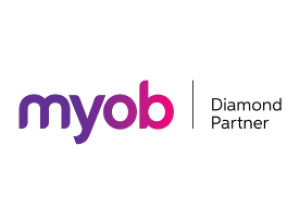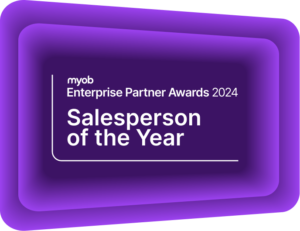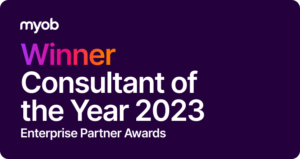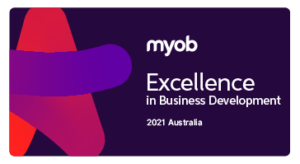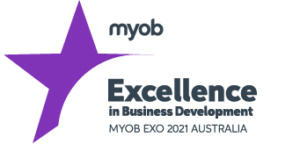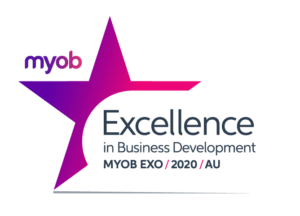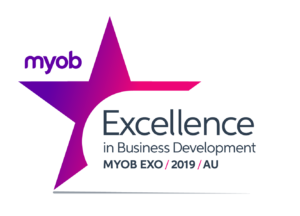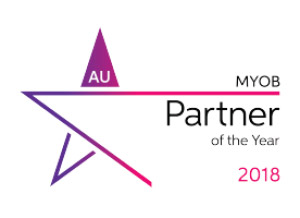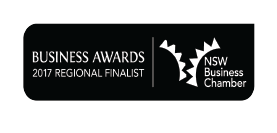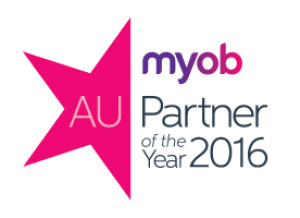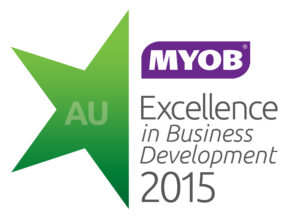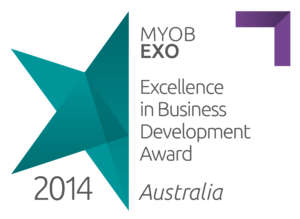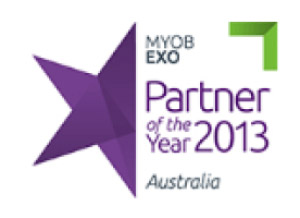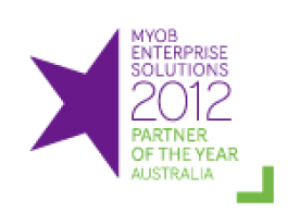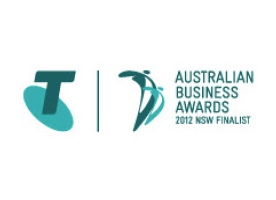Why the end of the financial year shouldn’t just be about spending
Business is not a race to the finish!Editor’s Note: This article was originally published in May 2019 and has been reviewed and updated in order to provide the most relevant and accurate information.
We understand that the rapidly changing environment has had significant and lasting economic impacts on businesses throughout Australia and the world. However, moving forward and particularly going into the end of the financial year, we stress that it is not the time to panic – particularly about financials.
It is not uncommon for businesses to rapidly and without question change their buying patterns to consume their remaining budgets before June 30.
We often hear about business owners getting caught in this end of financial year trap. By this, we mean the ‘I need to offset some of my revenue and fast’ mindset that encourages the purchase of equipment and assets that aren’t necessarily in the business’s best interests.
However, this year should be defined by smart and deliberate choices.
The mentality of spending
This mentality of forced spending to reduce tax detracts from what the end of the financial year should be about: Reviewing your business over the previous 12 months and strategically planning for the following.
Business should not be a race to the finish line, nor should owners focus on ‘just getting through the month’. This makes repetitive and unproductive processes with no time allowed for critical thinking and analysis.
Reviewing the past and planning for the future are both vital steps in successfully pulling your business out of the COVID-19 conditions, and helps to address the further challenges you may encounter in the next financial year.
Pause and consider
Everyone needs to pause and consider the macro and micro-events that have impacted on their business environment. Additionally, examine functions like marketing, accounting, human resources, as well as internally reviewing pricing, product/service delivery and operational procedures can reveal critical opportunities and threats.
Even if one day is set aside, this will make a huge difference to the outcome of the year ahead. Structure the day into time and subject segments, with a clearly defined agenda and progression flow.
Without this review procedure in place, forecasting for the year ahead becomes exponentially more difficult.
Changing your approach
A simple change, such as putting a process in place to get your debtors to pay you quicker, will boost your cash flow and minimise needless worry and stress.
There are a couple of simple solutions that exist which can help you with this. For instance, a debtor management system software that can help you chase your overdue debtors will help you improve your cash flow, not only before the end of the financial year but consistently throughout the progression of your business.
Meet with your accountant
The end of the financial year is the perfect time to sit down with your accountant and look at your performance metrics, your paying and receiving cycles, as well as any new government legislation that might affect you in the next financial year.
It is very easy for the day-to-day running of a business to take over your life. We know that there is always something new to focus on whether it be an employee issue, supplier query, stock order or software compliance. However, this constant siege of tasks should not get in the way of being actively aware of your situation.
Use an End of Financial Year checklist
We can easily let the day-to-day running of our business consume all hours of the day, and all hours of the week, until the end of the year. However, this cycle just repeats itself. It is imperative that every business has a checklist upon which the owner or senior managers can review at least once a year to ensure that there are no hidden problems or missed opportunities.
A checklist for a yearly review created so that the new financial year starts on July 1, may read something like this:
(Externals)
- Financials – Have we met our targets? If so, why? If not, why not? What worked or didn’t work? What do we need to change for the forthcoming financial year?
- Products/services – How have our products/services been received by our customers? Is there any way we can improve our offerings? Do we need both an internal and external review to find out what people really think of our products/services?
- Pricing point – Are we competitive? Is there any way we can offer loyal customers discounts? What are our competitors doing?
- Marketing – How are we promoting ourselves? Are we taking advantage of all the media channels available to us? Have we properly explained our products/services to new customers? Are they any new target markets we could tackle?
- Payment cycles – How often are our invoices getting paid? Do we need to shorten our invoice payment cycle? Are we paying our bills before we get paid?
(Internals)
- Human resources – Do we have adequate staffing levels? Do we have the right staff? Is our training sufficient? Do we have the right managers?
- Processes – Do we have effective internal systems? Are they allowing us to create maximum efficiency when dealing with both internal and external issues? What could we improve?
- Creativity – Are we allowing employees to develop ideas to improve the working environment? Can they speak freely within the office?
- Office environment – Is our office environment conducive to maximising our employees’ productivity? Could we change our working hours/reporting structure/desk space to make people more comfortable?
Preparing a checklist is a great way to ensure nothing is forgotten. To save you the hassle, we have prepared MYOB Exo and MYOB Advanced EOFY Checklists, free to download on our Training Portal. Download yours now and ensure this EOFY is as stress-free as possible.
*Access the Kilimanjaro Consulting Training Portal requires a simple and free registration*
Put a long-term plan in place
While it is difficult to take time out from the daily chaos of putting out bushfires, a long-term or strategic plan is essential to guide your business to success. Long-term planning is essentially divided into two parts:
- What is in my control (inside the business) can I improve?
- What is outside my control (the external environment) that I must react to?
Once you have established these internal and external factors, a classic approach to strategic planning is to combine these into a SWOT analysis. (Strengths, Weaknesses, Opportunities, Threats). Having identified the things that you can improve on, put plans into action to address these. Then, use your strengths to offset any threats you have identified. These will help you take advantage of any opportunities you have identified in the external environment. Try to avoid matching weaknesses (the things you are not good at) with opportunities, as this is likely to lead to failure and is unnecessary.
Remember that performance improvement is incremental. Sharpen the spear and go one step at a time.
Streamline your EOFY process.
The EOFY should be seen as a trigger for business and strategic decisions. Have a look at the 10 simple things you can do in your business to ensure that the next year is your best year yet.
Ensure you have everything you need to prepare for the EOFY, including specialised Training Courses, helpful content and our valuable checklists!
If you have any more enquiries, please email us at sales@kilimanjaro-consulting.com, or give us a call at 1300 857 464 (AU) or 0800 436 774 (NZ).

